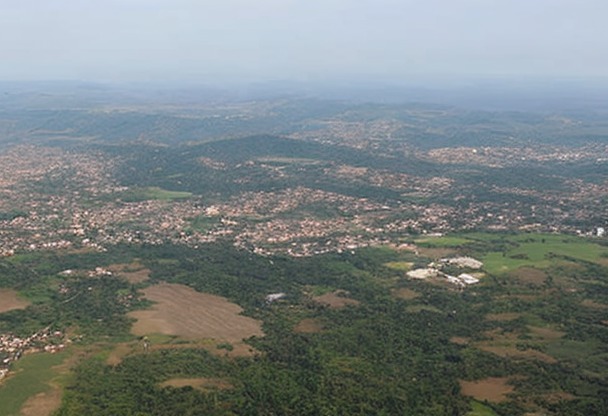Best time to travel to the Democratic Republic of Congo
Choosing the right period for your trip to the Democratic Republic of Congo can make all the difference. It's important to consider climatic elements, seasonal events and peak tourist periods to maximize your travel experience.

Location
Climate
Low and high season in the Democratic Republic of Congo
The DRC's climate is equatorial, with high temperatures and high humidity throughout the year. However, there are two main rainy seasons and two dry seasons, which may influence your choice of travel period.Rainy seasons
- The first rainy season generally takes place between October and December. Rainfall is heavy, particularly in the north of the country, making some roads impassable and limiting access to tourist sites.
- The second rainy season runs from January to May, with less intense rainfall than in the first season. Nevertheless, this can still present a challenge for travel and access to tourist attractions.
Dry seasons
- The first dry season takes place from June to September. Temperatures are more pleasant and rainfall lower, making it an ideal time to visit the DRC.
- The second dry season is between December and February. Although weather conditions are generally favorable, this period coincides with school vacations and end-of-year festivities, which can lead to higher prices and greater crowds at tourist sites.
Major cultural events in the Democratic Republic of Congo
The DRC is the scene of numerous cultural events throughout the year. Here are some of the not-to-be-missed events you won't want to miss during your stay:Amani Festival
This music and dance festival takes place every February in Goma, in the east of the country. It aims to promote peace and reconciliation in the conflict-ridden Great Lakes region. Local and international artists perform at this major cultural gathering.Kinshasa Film Festival
Held every year in October, the Festival du Cinéma de Kinshasa (FICKIN) is a must-see event for cinephiles. It showcases the talent of Congolese and African filmmakers, while offering a varied program including international films.JazzKif
This international jazz festival takes place every June in Kinshasa. It brings together local and international musicians for concerts, workshops and conferences on jazz and world music.Public holidays and closures in the Democratic Republic of Congo
It's also important to know the public holidays in the DRC, as some institutions, such as banks and stock exchanges, may be closed on these dates. Here is a non-exhaustive list of the main public holidays:- January 1st - New Year's Day
- January 16 - Laurent-Désiré Kabila Memorial Day
- January 17 - Patrice Lumumba Memorial Day
- March/April - Good Friday and Easter Monday (dates vary)
- May 1st - Labour Day
- May 17 - Liberation Day
- June - Pentecost (date varies)
- June 30 - Independence Day
- August 1st - Parents' Day
- August 15 - Assumption
- December 25 - Christmas
Insurance
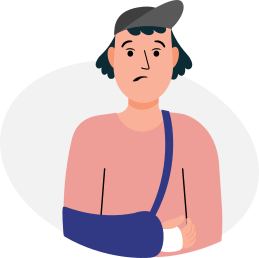
Your credit card does not cover you in all situations, that is whyIt is essential to take out insurance before you leave to avoid any unpleasant surprises. If you need to see a doctor or be hospitalized, in some countries, medical costs are very high and you will then find yourself having to pay several thousand euros.
Our partner Chapka Insurance proposes the contract CAP ASSISTANCE 24/24 with many essential guarantees.
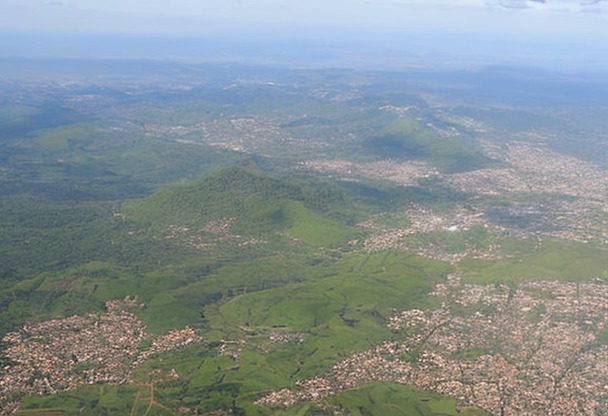
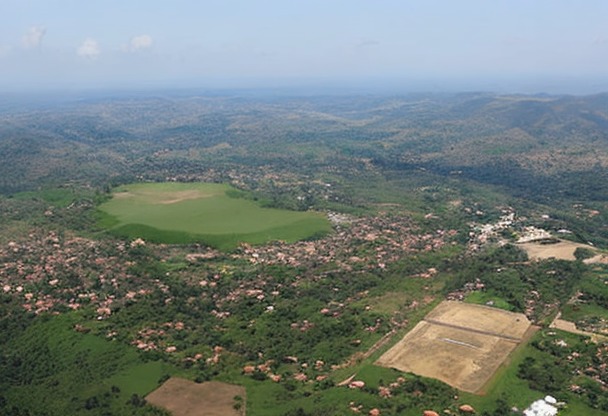
Flights
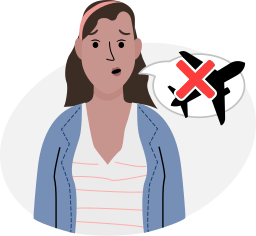
Your flight has been cancelled or delayed ?
You may be eligible for a compensation of up to €600 ! For this, lawyers are responsible for handling your claim with the airline and are only paid when the reimbursement is effective.
In conclusion, no financial risk for you, only advantages!
Statistics on immigration to the Democratic Republic of Congo
According to data published by the relevant authorities, the number of immigrants to the DRC has increased in recent years. Among the main reasons for this immigration are :- Job hunting in the mining and oil sectors
- Humanitarian and development missions
- Family reunification with members of the Congolese diaspora abroad
Most popular visas in Democratic Republic of Congo
To enter and stay in the Congo, foreign nationals must obtain a visa. Among the various types of visa available, the most popular are :- Business visa for people wishing to carry out commercial or professional activities in the DRC
- Work visa granted to foreign workers employed by Congolese or international companies operating in the country
- Study visa for foreign students wishing to pursue higher education in the DRC
- Family reunification visa The DRC: enabling members of the Congolese diaspora living abroad to join their families in the DRC
International tourism figures for the Democratic Republic of Congo
Despite security challenges and sometimes inadequate infrastructure, the DRC offers many tourist attractions likely to attract travelers from all over the world. Among the most popular destinations are :- Virunga National Park, home to the famous mountain gorillas
- The city of Goma, located on the shores of Lake Kivu and offering a breathtaking view of the Nyiragongo volcano.
- Salonga National Park, home to bonobos, elephants and other endemic animal species
- The city of Kinshasa, with its colorful markets and lively nightlife
Residence permits, deportations and naturalizations: other key figures
To complete our analysis of immigration statistics in the DRC, we should also mention a few data concerning residence permits, removals and naturalizations:- Residence permits Every year, several thousand residence permits are issued to foreigners residing in the DRC for various reasons (employment, studies, family reunification, etc.).
- Distance The Congolese authorities regularly carry out operations to remove foreign nationals who are in an irregular situation or who have committed offences.
- Naturalizations Naturalization: although less frequent, naturalization applications are also processed by the relevant authorities, enabling some foreigners to acquire Congolese nationality.
The role of asylum in DRC immigration statistics
Finally, it is essential to consider the role of asylum in the immigration figures for the Democratic Republic of Congo. As mentioned earlier, the DRC hosts a large number of refugees fleeing conflict or persecution in their home countries. These asylum-seekers are generally housed in camps run by the United Nations High Commissioner for Refugees (UNHCR) and the Congolese authorities. They benefit from international protection and may be authorized to work or study under certain conditions. However, their socio-economic integration is often precarious and largely dependent on available resources.
